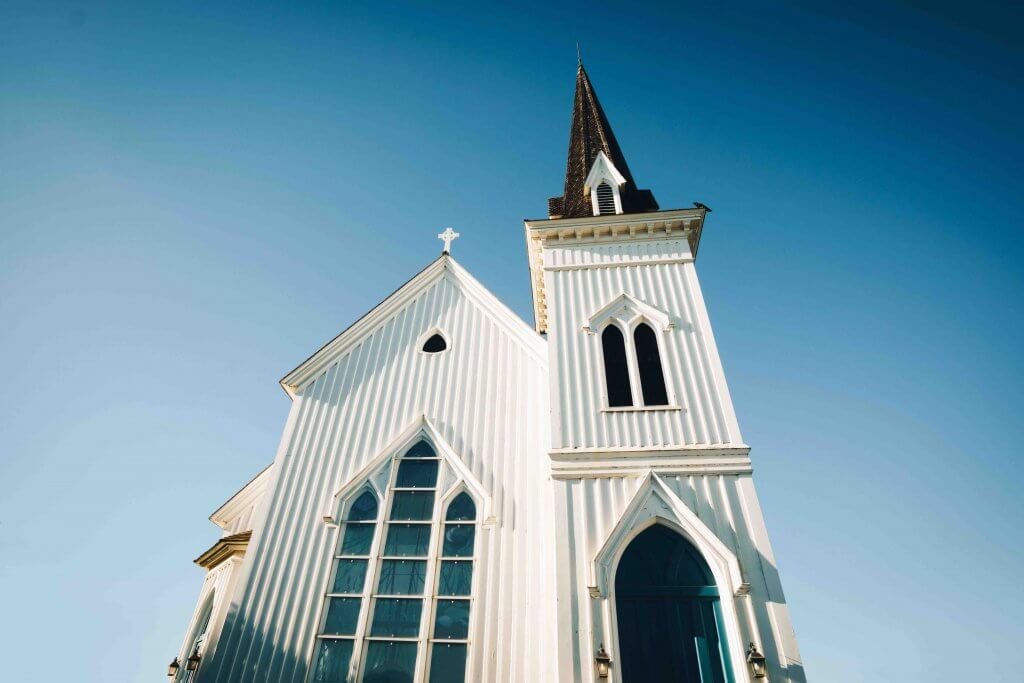The “Weird Churches” of America – Should They Be Protected?
March 24th, 2023

Since its inception, the United States has been a haven for religious freedom. No matter what you believe, you are supposed to be able to practice your religion in this country without fear of being discriminated against. But how far do these protections really go? And perhaps more importantly, are all religions treated equally in the United States? Are some religions more “equal” than others? What about all those religions many of us see as weird, otherworldly, silly, or even disturbing? Should these “weird churches” really be protected under the Constitution?
The “Weird Church” Sponsoring the After-School Satan Club
One of the most controversial religious groups in the United States is the Satanic Temple. This is indeed a real organization with over 700,000 members worldwide. Although it is a religious organization by definition, members do not believe in a literal Satan. Instead, they claim to use Satan as a symbolic tool to represent skepticism, personal autonomy, and other values. Needless to say, the group is viewed with disdain by many Americans simply because of its shock value.
The skepticism about this “weird church” reached new heights when it was revealed that kids in Pennsylvania would be attending an “After-School Satan Club.” This club was run by the Satanic Temple – allegedly to give students an alternative to after-school religious groups. The school district initially approved the group, seeing no reason to ban it since all religions are supposed to have equal rights under the Constitution. However, the school district later chose to review this decision due to public outcry.
This is not the first time the Satanic Temple has been in the news – and it probably won’t be the last. In May of 2022, the Satanic Temple formally requested that Boston fly its flag – which includes an image of a Baphomet. This came after a Supreme Court ruling that confirmed the city had previously violated the rights of a Christian group by denying them the right to fly this flag outside of City Hall.
The Psychedelic Churches
There is also many “weird churches” across the United States that use powerful psychedelic drugs as part of their rituals and religious practices. As you might expect, these churches have also faced serious controversy and legal challenges over the years. In 2022, it was revealed that a psychedelic church in Oakland allowed its followers to smoke marijuana and consume psilocybin mushrooms. At one point, police raided the church and seized hundreds of thousands of dollars along with large quantities of drugs. However, no one was arrested or charged – and the church went on to sue the city of Oakland for religious discrimination. Organizers of the church insist that their organization is “not just an excuse to sell drugs” and that they are legitimate followers of the “Church of Ambrosia.”
In February of 2023, it was revealed that the Iowaska Church of Healing of Des Moines was suing the IRS for denying its request to be recognized as a non-profit organization. This application was specifically denied because the church uses Ayahuasca – one of the most powerful psychedelic drugs known to man.
An Interesting Religious Debate
These stories of “weird churches” create interesting debates over what it truly means to have religious freedom in the United States. At what point do we draw the line? Is it really fair to persecute some religions for practices and views that the majority of Americans consider strange? Or are these so-called religions merely taking advantage of Constitutional protections for their own gain? Many of these questions remain unanswered.
The Goal of the Universal Life Church’s Blog
Each month, various cases test the nature of religious rights in this country. While the basis for many religious rights is the United States Constitution, there are still countless cases that question the exact nature of these rights. The Universal Life Church’s blog is focused on documenting the most noteworthy of these cases in an objective manner that can be easily understood by readers.


